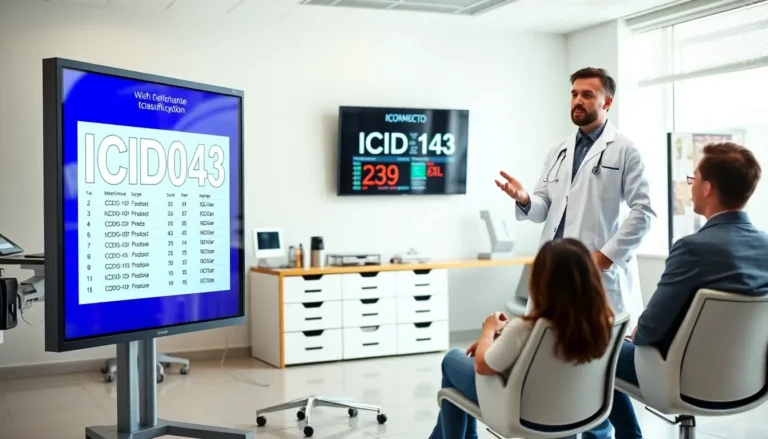Table of Contents
TogglePicture this: you’ve just lost a loved one because of someone else’s negligence. The grief is overwhelming, and now you’re facing the complex world of legal claims. At that moment, winning a wrongful death case might seem impossible, but with the right guidance and knowledge, justice is within reach. Let’s break down what wrongful death cases are, how to prove them, and what it takes to move forward with confidence.
What Is a Wrongful Death Case?

A wrongful death occurs when a person dies as a result of another’s negligence, recklessness, or intentional act. These cases allow surviving family members to pursue compensation from the at-fault party. Common causes include car accidents, medical malpractice, unsafe workplaces, and defective products. Essentially, wrongful death law holds individuals and organizations accountable for fatal mistakes that could have been prevented.
Proving Negligence
To win a wrongful death claim, four elements must be proven: duty of care, breach of that duty, causation, and damages. For example, a driver has a duty to drive safely. If they text behind the wheel and cause a fatal crash, that breach of duty establishes negligence. The key is connecting the negligent act directly to the death through evidence such as reports, expert analysis, and witness testimony.
Who Can File a Wrongful Death Claim?
Typically, immediate family members — spouses, children, or parents — are eligible to file. Each state has its own laws defining who qualifies and how long you have to act. The statute of limitations often ranges from one to three years after the death, so time is critical. Consulting an attorney early helps ensure your claim meets all legal requirements.
Gathering Evidence
Strong evidence builds a strong case. Important items include medical records, police or accident reports, witness statements, and photographs. Expert witnesses can also clarify technical details, helping the court understand how negligence led to the fatal outcome.
Negotiation and Litigation
Most cases begin with negotiations between your attorney and the insurance company. Be cautious of early low offers and ensure all damages — financial and emotional — are considered. If fair compensation isn’t reached, taking the case to trial may be necessary. A skilled wrongful death lawyer can present your evidence effectively and fight for justice on behalf of your loved one.
While no amount of money can replace a life, a successful wrongful death case can provide closure, accountability, and the financial stability needed to heal and move forward.







